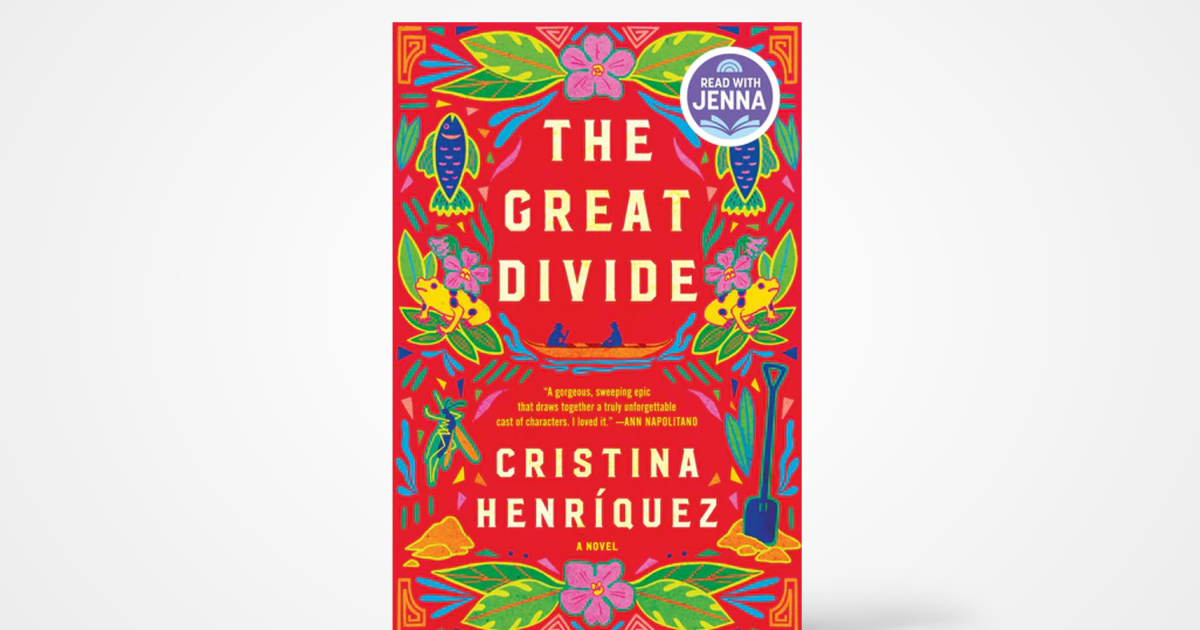
When Francisco, a Panamanian fisherman who raised his son Omar on his own, thinks about the proposed building of the Panama Canal, he recalls how sailors had always hoped to travel from ocean to ocean via the isthmus of Panama. When Francisco contemplates what he considers to be impossible—that the spine of the Cordillera Mountains, which runs straight through the isthmus, would have to be broken, and once that was accomplished the water from both oceans would merge to form a thoroughfare for ships—he concludes it is a “delusional dream.”
But 17-year-old Omar sees in the canal construction the possibility of leaving behind his small, lonely life and becoming part of something bigger than himself, a community of laborers with a common goal. When Omar leaves to work in the Canal Zone, Francisco is incensed and feels betrayed. Soon father and son no longer converse when they return home at the end of each day.
When Omar suddenly becomes unwell, his life is saved by Ada, a young woman from Barbados, who has come to Panama to find work to earn money to pay for her severely ill sister’s medical costs. What seems to be an insignificant encounter is anything but, because it leads Ada to employment in the home of John Oswald, an American malaria researcher whose wife, too, is ill.
Author Cristina Henriquez skilfully weaves together the lives of these people and others from various places whose stories are lived out against the backdrop of the death, brutality, oppression, and destruction that the construction of the Panama Canal entailed.
While Henriquez explores Francisco’s perception that the canal is “the great divide that would sever Panama in two,” she subtly also explores numerous other great divides experienced by her characters: between parents and children, rich and poor, colonizers and the colonized, whites and Blacks, men and women, the spiritual world and the physical realm, and people’s hopes for the future and their unrealized dreams.
The Great Divide delivers engaging characters, a complex storyline, and an insightful, justice-focused critique on the cost of progress at the expense of the poor and powerless.
(HarperCollins)
